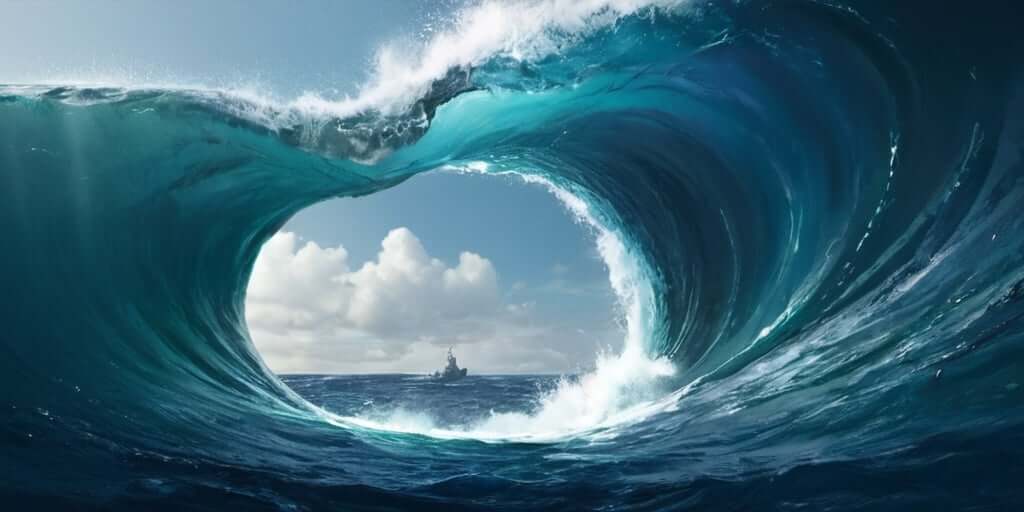Oceans are one of the Earth’s largest and most mysterious ecosystems. Hidden within their depths are numerous secrets and unknowns that captivate scientists and researchers. In this article, we will focus on exploring the mysteries of the ocean depths.
1. The Diversity of Life in the Depths of the Oceans
In the depths of the oceans, there are thousands of different species of organisms. Despite challenging conditions, these organisms have developed unique adaptations. Interesting organisms such as whale species, giant squids, deep-sea fish, and bacteria living in thermal vents have been discovered in the depths of the oceans.
2. Submarine Mountains and Ridges: Shapes Beneath the Ocean Surface
At the bottom of the ocean, there are massive mountains and ridges that lie beneath the continental shelves. These structures, formed as a result of movements in the Earth’s crust, have influenced the geological structure of the oceans. Submarine mountains and ridges host unique ecosystems and serve as habitats for many marine organisms.
3. Ocean Temperature and Currents: Forces Influencing Earth’s Movements
Oceans have massive temperature and current systems that significantly affect the Earth’s climate and weather. Major ocean currents mix warm and cold waters and influence atmospheric moisture and wind systems. Events such as El Niño and La Niña are caused by temperature and current changes in the Pacific Ocean and can have significant global climate impacts.
4. Human Impact and Conservation Efforts: Factors Shaping the Future of the Oceans
Unfortunately, human activities can cause serious harm to ocean ecosystems. Factors such as marine pollution, overfishing, climate change, and coastal development threaten ocean life. However, numerous environmental organizations and governments worldwide are making efforts to protect and promote sustainable use of the oceans. Measures such as establishing marine reserves, waste management, fishing quotas, and the creation of marine protected areas are important steps towards securing the future of the oceans.
